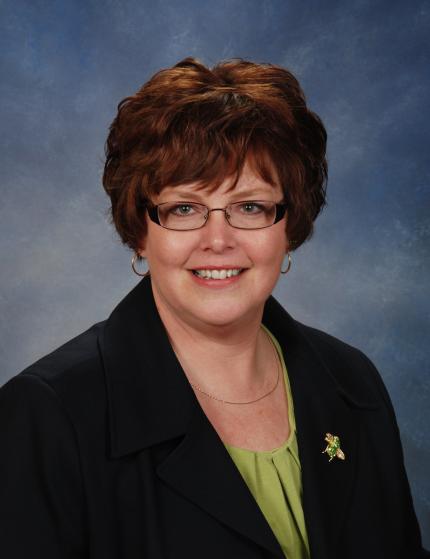Doing Our Business During a Pandemic – View from District 7 Probation
At the onset of the COVID-19 pandemic, Probation found themselves needing to answer a very important question. How would operations be modified to meet the vision, mission, and duty of probation? That is, the goals of accountability, community safety, and probationer development still remained.
Probation offices quickly found that communication skills are essential; and even more so when business is not “as usual.” Uncertainty is frightening. Initial contacts with probationers were to make sure they had necessities: shelter, food, clothing, as well as an understanding of the seriousness of the health directives. Support staff and officers fielded questions from probationers regarding accessing information about the pandemic and health directives. Officers and staff learned the critical importance of “face to face” contact with probationers, whether socially distanced from a driveway to a porch, by phone, or video application. While not perfect, meetings with clients by video, phone, and “socially distanced” allowed officers to continue to work with probationers to complete court ordered probation terms and essential duties. Virtual home visits became critical to understanding probationers’ environments, stressors, safety concerns, and support their needs.
Groups addressing education/employment, preparing for change, domestic violence, cognitive restructuring and the like, were and continue to be provided via web applications. Groups, like all video meetings, have been both successful and unsuccessful. Several individuals do not have computers or tablets and, as a result of businesses and public places being closed, a number of people do not have access to the internet. Remote rural areas had limited, if any, consistent internet availability and cell phones do not operate in a number of rural areas. Many probationers have smart phones, but limited data minutes. Using their data for a meeting or counseling session proved a hardship for some and an inconvenience for others.
Most processes did not change. The court continued referrals for juvenile and adult probationers. The same for investigations in adult and juvenile court. Juvenile detention intake was modified due to newly established limitations on the entry into sheriff offices, police departments, and the Northeast Nebraska Juvenile Services Center. Detention intake interviews had to be completed by a combination of video and telephone. Investigations were completed by socially distancing in a conference room wearing facial coverings, via WebEx, and in a few situations, by phone due to technology and distance issues. The district chemical testing program was also significantly impacted. Normally the district completes between 2,000 to 2,500 chemical tests per month at the Norfolk Reporting Center. They also complete testing in outlying counties. We continued limited in-person testing methods, but also began using sweat patches.
The most valuable tool in a pandemic: clear, regular communication, between managers, staff, courts, providers, stakeholders, and probationers. All have an expertise to bring to the table. Capitalizing on strengths and communicating expectations regularly and clearly allowed District 7 to provide service to probationers, courts, and communities.
Photo: Author, Chief Probation Officer Kathryn Liebers from District 7 Norfolk Office

